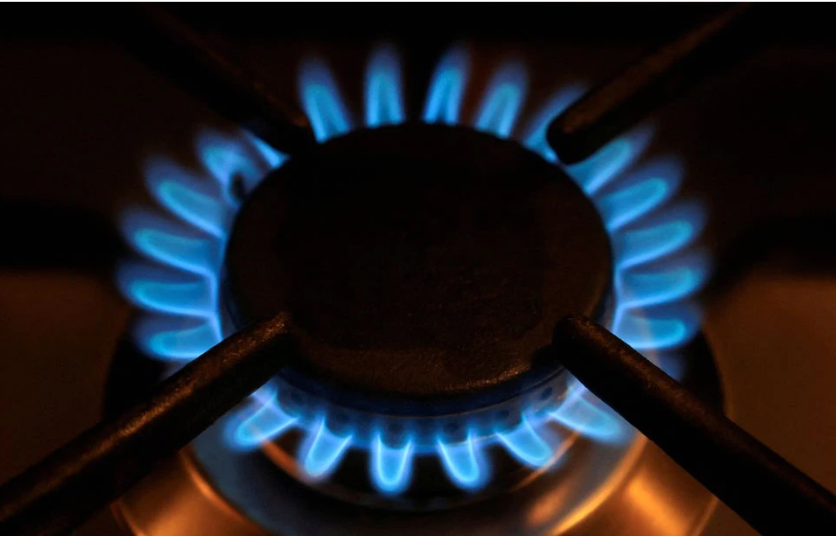Reuters
Germany on Sunday announced its latest steps to boost gas storage levels to prepare for the next winter season, when it fears Russia, which has cut deliveries in recent days, could reduce or even completely halt supplies.
Following Russia’s invasion of Ukraine, Germany, which relies on Moscow for most of its gas, is seeking to fill its gas storage facilities and to phase out Russian energy imports.
Germany’s Economy Ministry, which is in charge of security of energy supply in Europe’s top economy, said the new measures would include increased reliance on coal-fired power plants as well as an auction system to incentivise industry to consume less energy.
It also includes 15 billion euros ($15.8 billion) in credit lines for Germany’s gas market operator, via state lender KfW (KFW.UL), to fill gas storage facilities faster, a government source said, asking not to be named.
The measures follow a package unveiled earlier this year to provide Germany’s energy companies and economy with support payments to manage the Ukraine crisis, which has led to soaring power costs.
“The tense situation and the high prices are a direct consequence of (Russian President Vladimir) Putin’s war of aggression on Ukraine,” Economy Minister Robert Habeck said in a statement.
“What’s more, it is obviously Putin’s strategy to make us insecure, to drive up prices, and to divide us. We will not let that happen. We will fight back decisively, precisely and thoughtfully.”
The ministry said bringing back coal-fired power plants into the mix could add about 10 gigawatts of capacity in case of a critical gas supply situation, adding a corresponding law would go to the upper house of parliament on July 8.
“That is painful, but it is a sheer necessity in this situation to reduce gas consumption,” said Habeck, a member of the Green party that has pushed for a faster exit from carbon-intensive coal.
“The gas storage facilities must be filled up towards the winter. That is the top priority,” said Habeck, referring to targets of 80% storage levels by October and 90% by November.
According to data from Gas Infrastructure Europe, German gas storage levels stood at 57.03% as of June 17, up from 29.69% on Feb. 24, the day Russia invaded Ukraine.

